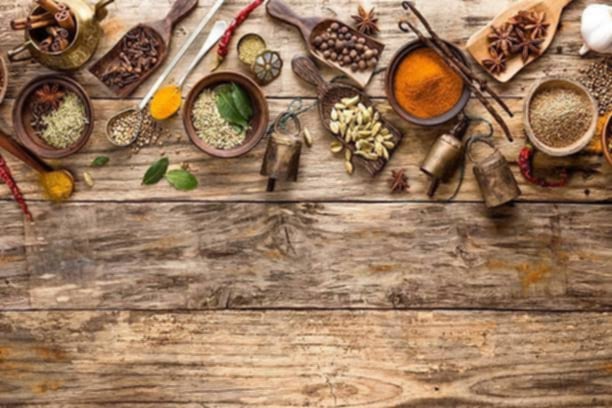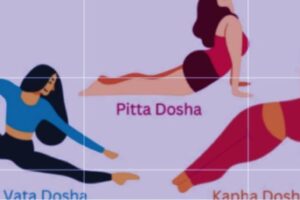
Is There an Ayurvedic Diet?
One of the most common questions I receive from students and clients is: “Is there such a thing as an Ayurvedic diet?” And equally often, there’s a misconception that one must be vegetarian to follow Ayurveda or become an Ayurvedic health counselor.
The truth is, Ayurveda is not a “diet” in the modern sense of the word. It’s a holistic system of health that’s rooted in the principles of nature — focusing on how we digest, nourish, and balance the body to prevent disease and support vitality.
Rather than following a rigid list of “good” or “bad” foods, Ayurveda teaches us how to understand food based on its qualities, how it interacts with our unique constitution (dosha), and how it supports or hinders our digestion. These are universal principles that can be applied no matter where you are in the world or what kind of cuisine you’re working with.
For example, modern diets often focus on nutrients like vitamins or minerals. Ayurveda, however, looks at food in terms of its digestibility, compatibility, and energetic qualities. Food combining in Ayurveda isn’t just about nutrition on paper — it’s about how well your body can actually break down and assimilate what you eat. Good digestion leads to the creation of healthy body tissues (dhatus), which then supports wellness and longevity.
What makes Ayurveda truly empowering is that it teaches you to become your own guide. Once you understand the core principles — like cause and effect, or the idea that opposites bring balance — making conscious food choices becomes simple and intuitive.
A trained Ayurvedic counselor learns how to support people with a wide range of dietary needs and health challenges, including food intolerances, digestive disorders, and long-standing imbalances. Even if you’ve had an issue for years, Ayurveda shows us that the body is dynamic — healing is always possible when we align with nature’s rhythms.
At its core, Ayurveda isn’t about rules — it’s about awareness. The more you understand your own digestion and observe how food affects you directly, the more confident and joyful your eating experience becomes. And with time, you begin to witness the healing power of these timeless principles in your own life and in the lives of others.


